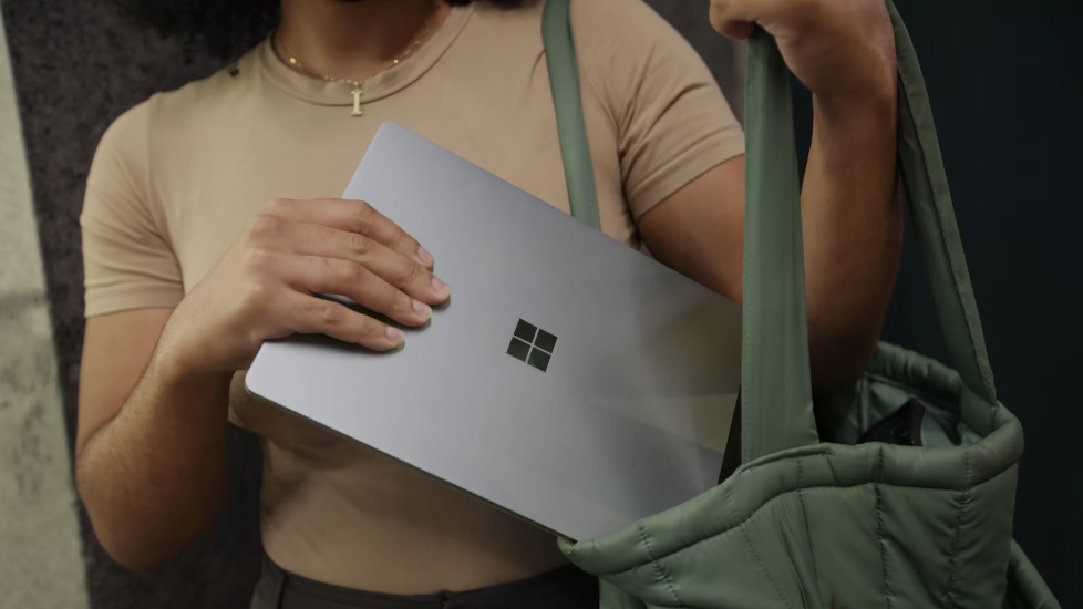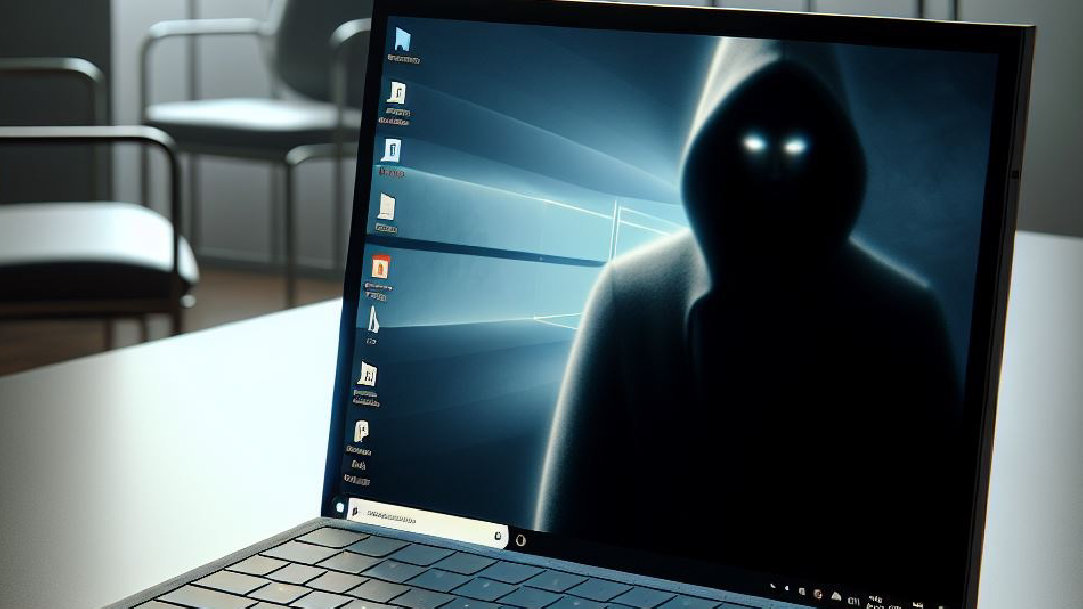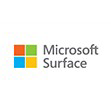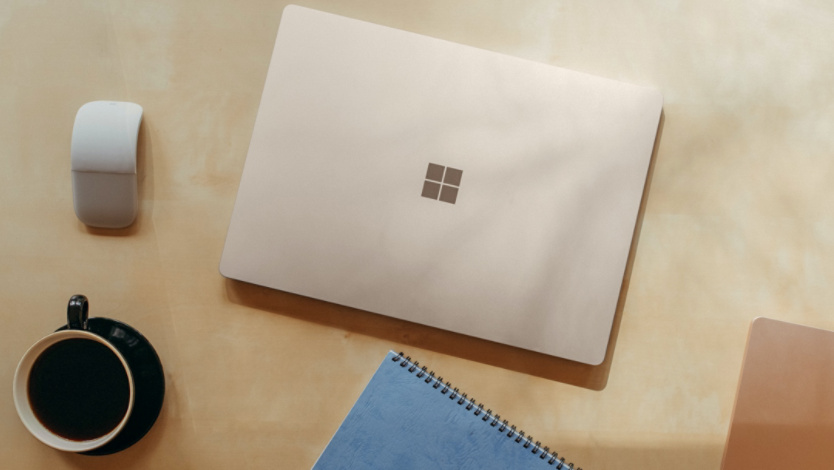
October 23, 2024
Unmasking the hidden threat
Spyware can have serious implications for your privacy and security, because it can secretly install itself on your computer or mobile device. Its primary purpose is to gather information about you, your activities, and your personal data, and then relay this information to other parties. Unlike other types of malware that might cause immediate and obvious damage, Spyware operates covertly, making it difficult to detect and remove.
As a Microsoft Surface user, your security and privacy are protected on multiple levels. However, it’s crucial to understand what Spyware is, how it works, and why you should care about protecting your device from it. Read on.
How does Spyware work?
Spyware can infiltrate your device in several ways. It might come bundled with free software that you download from the internet, or it could be installed when you visit a malicious website or open a suspicious email attachment. Once installed, Spyware begins to operate in the background, collecting data and sending it to the attacker.
The data collected by Spyware can include anything from your browsing habits and search history to sensitive information like login credentials, credit card numbers, and personal messages. This information can then be used for various purposes, such as identity theft, financial fraud, or even blackmail.

Credit: Designer in Copilot
Types of Spyware
Several types of Spyware exist. Each can compromise your privacy and be disruptive:
- Adware: This type of Spyware tracks your browsing history and downloads to predict your interests. It can then display unwanted advertisements on your device, often in the form of pop-ups or banners. While it might seem harmless, adware can slow down your device and invade your privacy.
- Trojans: Named after the Trojan horse from Greek mythology, Trojans disguise themselves as legitimate software. Once installed, trojans can steal your data, disrupt your system, or even give remote access to your device.
- Internet tracking: This type of Spyware gathers personal information that can be sold to third parties or used for targeted advertising. It monitors and collects data about your online activities, such as browsing history, search queries, and website visits, often without your consent.
- System monitors: The most invasive types of Spyware, system monitors can capture everything you do on your device, including keystrokes, emails, chat conversations, and websites visited. System monitors are often disguised as freeware or legitimate software.
Why should you care about Spyware?
The presence of Spyware on your device can have several serious consequences:
- Privacy invasion: Spyware can track your online activities and collect personal information without your knowledge. This invasion of privacy can lead to a loss of control over your personal data.
- Identity theft: By capturing sensitive information like passwords and credit card numbers, Spyware can enable attackers to steal your identity and commit financial fraud.
- System performance: Spyware can slow down your device, cause it to crash, or make it behave erratically. This can be particularly frustrating and disruptive, especially if you rely on your device for work or personal use.
- Security risks: Spyware can create vulnerabilities in your system that allow other types of malware to exploit. This can lead to further infections and more severe security breaches.
Tips to protect your device from Spyware
To protect your Microsoft Surface and other devices from Spyware, consider the following tips:
- Use reliable security software: Install reputable antivirus and anti-Spyware software to detect and remove Spyware. Keep this software updated to protect against the latest threats.
- Be cautious with downloads: Only download software from trusted sources. Avoid downloading free software from unknown websites, as it might come bundled with Spyware.
- Keep your system updated: Regularly update your operating system and software to patch security vulnerabilities that Spyware might exploit.
- Be wary of suspicious emails and websites: Avoid clicking on links or opening attachments in emails from unknown senders. Be cautious when visiting unfamiliar websites.
- Use strong passwords: Use complex and unique passwords for your accounts to make it harder for Spyware to capture and use your login credentials.
Stay informed and be proactive
Spyware can be a gateway for more severe security threats, making vigilance essential. By understanding Spyware and taking proactive steps, you can protect your personal information and maintain your privacy. Stay ahead of potential attackers by staying informed about the latest Spyware trends.
Products featured in this article

Microsoft Surface
Related topics

Surface Pro 11ᵗʰ Edition vs. Surface Pro 9

How to use Windows Memory Diagnostic

